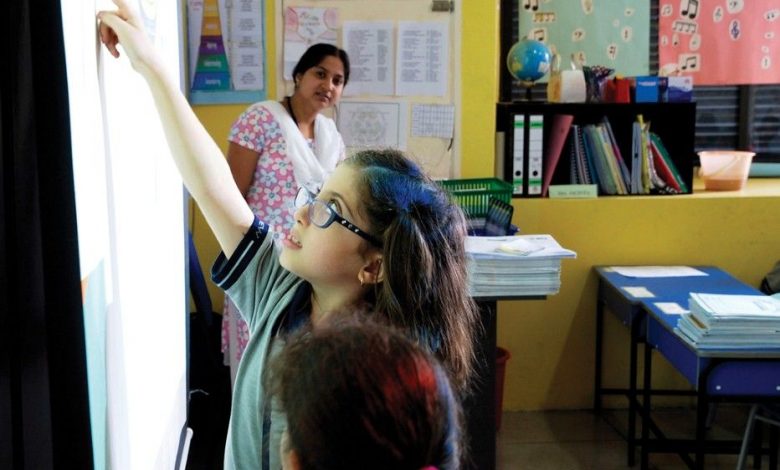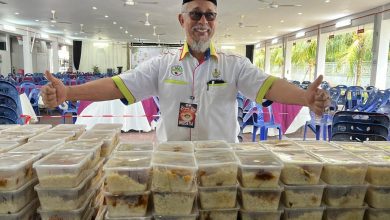



It struck me that choosing a costume for my 1-year-old was going to be much easier than educating him for a future. Will firemen still exist then? How about doctors? Should I prepare him for a professional or vocational career? At the rate the world is changing, I cannot anticipate a future 5 years from now, let alone 20 years into the future. So how should we prepare our children for a world we cannot predict?
Here is where conventional wisdom must be challenged; cramming our children with facts, preparing them for professions we assume will guarantee employment will only prepare them to survive in our past. Today many doctors refer to online websites for medical advice and accountants depend on software to manage their books. Our children’s future, will be incredibly different.


Firstly, our children must possess a vast array of skills, a toolbox for life so they will always have options. Sadly, skills development programmes are often incomplete; skills are often learnt as a by-product of another lesson or limited to a set of “core” skills. In the IB programmes taught at *Fairview International Schools, a comprehensive set of skills ranging from thinking, social, communication, self-management, research, leadership and affective skills have been carefully mapped to every class so that these abilities are taught both explicitly in workshops and implicitly during subject lessons.
Secondly, our children must grow to be internationally minded global citizens who are able to recognize their responsibility towards our world and act with integrity to create a more peaceful and harmonious future. The building of ethically minded individuals cannot be accomplished with weekly moral classes or fragmented campaigns that remind us to behave well only to be ignored as soon as we leave the room. The IB programmes are guided by a set of 10 Learner Profiles, teaching students to be “open-minded” and “principled”. They are meaningfully woven into the fabric of each class so that the concept of poverty for example is taught in the same lesson as being “reflective” or the concept of gene mutation can be taught alongside the learner profile “caring”, so that students act with empathy, compassion and respect.
An IB class is unique. Where most educational systems teach knowledge, skills and values in 3 separate classes, an IB class intentionally, systematically and skillfully fuses the three so that learning, skills development and character growth happen together in a meaningful way. The answer to our children’s future lies not in our ability to teach our children what to think but why and how to think.
Dr Vincent Chian is currently the IB Diploma Director of Fairview International School. A former medical doctor working in psychiatry he now spends his time championing emotional and effective development in education. This article is the second of a 6-part series.
* Fairview International School currently has 4 IB World Schools across Malaysia; KL, Subang, JB and Penang. Fairview Ipoh will be an international school, with enrollment open for August 2014. For more information, call 05 313 6888 or email to enquiries_ipoh@fairview.edu.my.
Dr Vincent Chian is currently the IB Diploma Director of Fairview International School. A former medical doctor working in psychiatry he now spends his time championing emotional and effective development in education.


